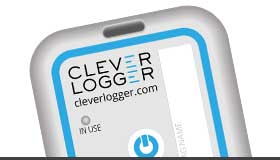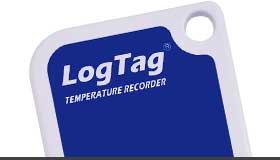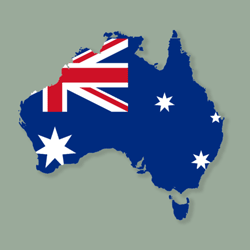Are hands clean after handling food?
Today we received the question:
“I need to verify if hands are clean or not after handling food. The glitter bug shows if hands are wahsed properly but I need to know when hands should be washed because they are too soiled.”
What a great question for a blog.
Why do we wash our hands?
Kind of obvious question, but just be clear, it’s about stopping the food from being contaminated. This contamination could be organic in nature (bacteria etc), or chemical. It’s any thing that can be transferred on our hands and, if ingested, will cause adverse effects.
It’s not about protecting the staff’s hands. I just mention that because gloves are often used as an alternative to washing, but they fail to solve this problem and mainly offer protection to the person wearing the gloves.
It’s also not about having hands that look clean. “My hands look clean” is not the same as “my hands are clean”.
Officially, when do we wash our hands?
The Scores on Doors have the following test:
18. Food handlers wash hands before commencing/recommencing work and after: using the toilet, sneezing, smoking, handling raw meat, cleaning.
That’s a pretty good indicator as to what the inspectors are looking for. If you want to dig deeper check out FSS 3.2.2 cl 13-18.
Hand washing golden rules
Golden rule 1- “If they look or feel dirty, they are dirty”
If there is any visible sign of dirt or any other foreign material, then they are dirty.
This is particularly problematic for under the nails and kitchens should have a nail brush availalbe for staff.
Golden rule 2 – “If they are involved in a high risk activity, they are dirty”
With the list above “using the toilet, sneezing, smoking, handling raw meat, cleaning” exposes the person’s hands to either germs or chemicals. Unfortunately some of these events can be incredibly fast and the person may not be fully aware of what they have just done, or may happen so often that the person gets annoyed with continually washing their hands. This is particularly true for sneezing.
The problem is that they are dirty and they need to be washed regularly.
At this point, the choice of wash or sanitiser should be mentioned. Sanitisers kill germs but can’t remove chemicals. They also can’t penetrate into matter so if you see dirt then the hands must be washed.
Also since regular hand washing is required, strongly consider using products specifically developed for frequent use, and not off-the-shelf hack and slay products from the local supermarket. We started distributing the Deb Oxybac and Deb Instantfoam range because they were designed for regular use in hospitals.
Golden rule 3 – “If you are returning from the outside world, they are dirty”
You don’t know what’s happening out there so assume it’s dirty. Actually, we do know what is going on out there, and it’s dirty. So your hands are dirty.
The ultimate golden rule – “If you have touched something that you would not put in your mouth, your hands are dirty”
I’m not sure if readers will go “ah-ha” or “ha-ha” as they think that one through. It’s a little bit daft because there are lots of things you wouldn’t put in your mouth, but the reality is that there are many things we know we could put in our mouth without problems, but we know those items that we would never, ever put in our mouth. It’s those items I’m talking about.
But what about handling food?
Do you need to wash your hands after handling food?
If you can’t eat the food as is (e.g. raw meat) then absolutely. It failed the ultimate golden rule.
If they have any residual stuff on them then absolutely (golden rule 1). Anything that remains on your hands is obviously sticky and will have other things sticking to it. It may also be slowly perishing as well. And finally, with food allergies and intolerances, cross contamination is always an issue.
If you have been handling low risk food and your hands appear clean, and you are heading off to do a non-food related activity – that’s up to you.
If you have been handling low risk food and your hands appear clean, and you are moving onto the next task then there should be no risk.
If you have been handling medium risk food and your hands appear clean, then there should be no risk, but I’ll leave that to you.
But high risk foods, clean your hands. As a parent with a child allergic to nuts, I dread peanut butter in cafes. So as a slight varation to the ultimate golden rule, I would go with “If you have touched something that you would not put into their mouths, your hands are dirty”.
Finally, prove it!
The Glitterbug Potion is a great way of demonstrating if people have washed their hands effectively, but Glitterbug powder is a great way of demonstrating how germs can easily spread. It is a fine powder that looks like talcum powder. You sprinkle it on a surface and when people touch it, it will transfer to their hands. When they touch something then some of it will transfer to where they touch.
It doesn’t take too long until you have a trail from the surface, to their hands, to a desk or phone, to a nose, to a …
And when you turn on the UV torch all is made known.
More or less
What we can safely say is that most food handlers do not wash their hands enough.
To comply with the standards some food handlers should be washing their hands hundreds of times a day.
The post Are hands clean after handling food? appeared first on OnSolution.






